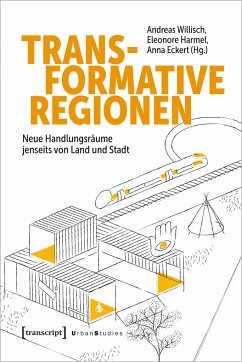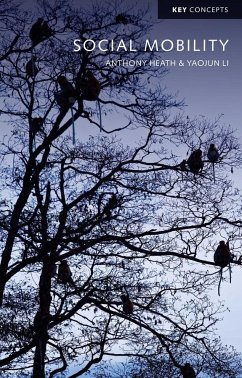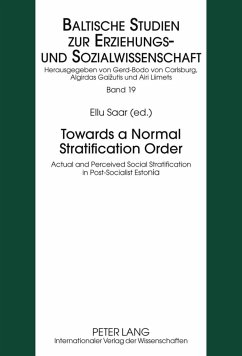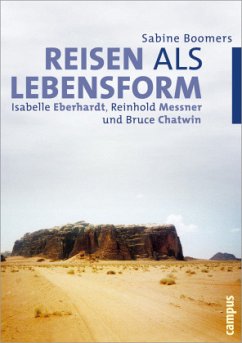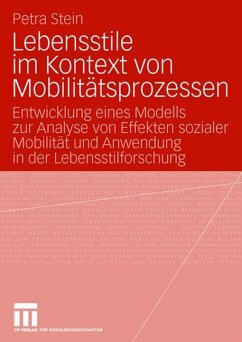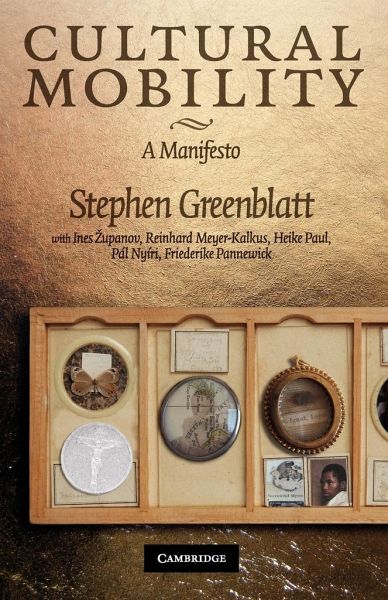
Cultural Mobility
A Manifesto
Mitwirkender: Greenblatt, Stephen; Meyer-Kalkus, Reinhard; Zupanov, Ines
Versandkostenfrei!
Versandfertig in 1-2 Wochen
33,99 €
inkl. MwSt.
Weitere Ausgaben:

PAYBACK Punkte
17 °P sammeln!
Cultural Mobility is a blueprint and a model for understanding the patterns of meaning that human societies create. Drawn from a wide range of disciplines, the essays collected here under the distinguished editorial guidance of Stephen Greenblatt share the conviction that cultures, even traditional cultures, are rarely stable or fixed. Radical mobility is not a phenomenon of the twenty-first century alone, but is a key constituent element of human life in virtually all periods. Yet academic accounts of culture tend to operate on exactly the opposite assumption and to celebrate what they imagin...
Cultural Mobility is a blueprint and a model for understanding the patterns of meaning that human societies create. Drawn from a wide range of disciplines, the essays collected here under the distinguished editorial guidance of Stephen Greenblatt share the conviction that cultures, even traditional cultures, are rarely stable or fixed. Radical mobility is not a phenomenon of the twenty-first century alone, but is a key constituent element of human life in virtually all periods. Yet academic accounts of culture tend to operate on exactly the opposite assumption and to celebrate what they imagine to be rooted or whole or undamaged. To grasp the shaping power of colonization, exile, emigration, wandering, contamination, and unexpected, random events, along with the fierce compulsions of greed, longing, and restlessness, cultural analysis needs to operate with a new set of principles. An international group of authors spells out these principles and puts them into practice.





